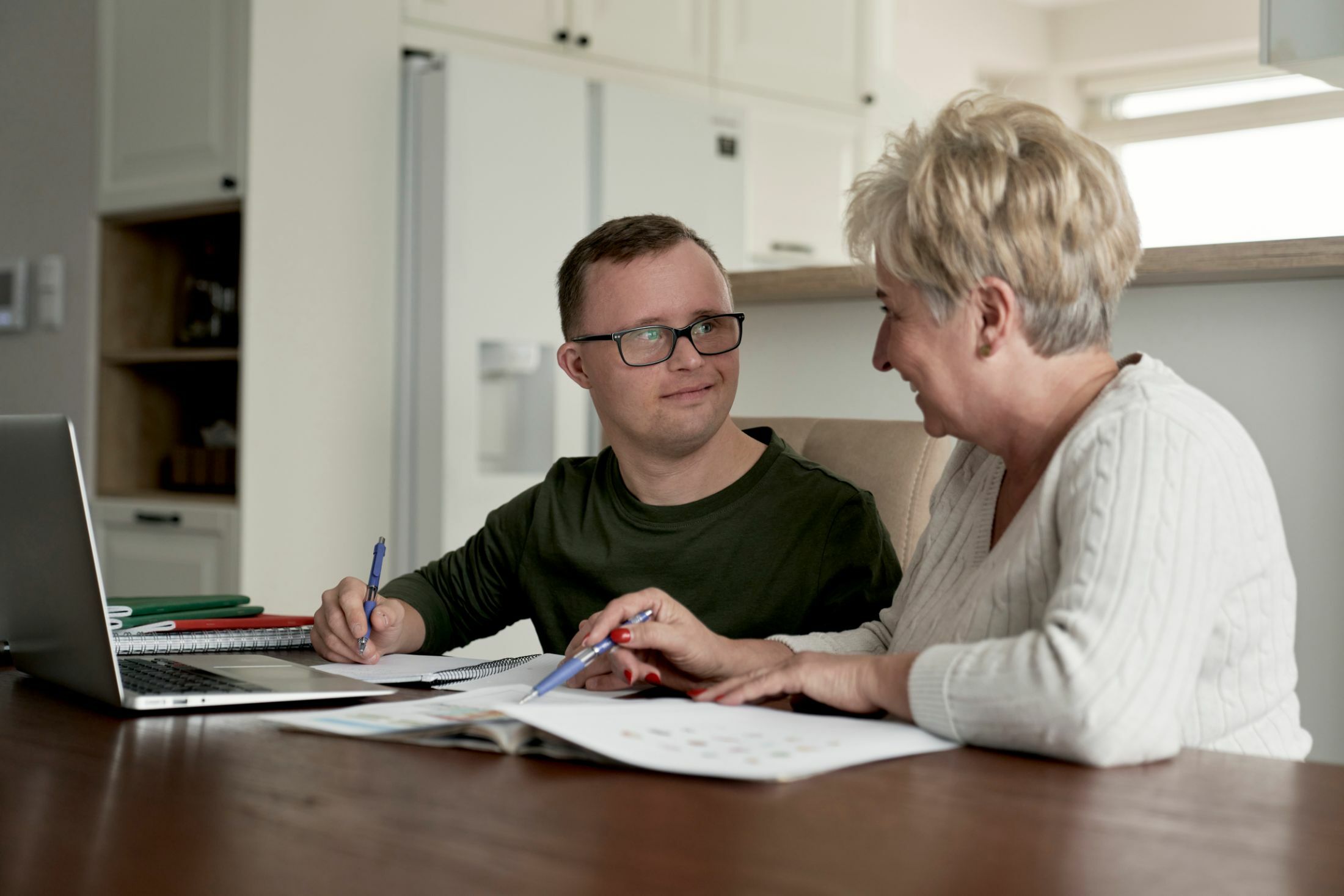From 2015-2018 while working at UNSW Sydney, colleagues and I developed a suite of resources focussed on planning with people with disability and complex support needs. This work was funded by the NSW Department of Family and Community Services as a legacy in preparing for the NDIS. The Department recognised that, over their life course, people with complex support needs experience a range of overlapping experiences and factors that span disability, health, behavioural and social issues. These factors may mean that people with complex support needs face significant vulnerability to marginalisation and disadvantage within the service system and in the community which could impact on their access to quality planning. Each of the resources was addressed to different people involved in the planning process:
- People with disability (Link - Living the Life I Want),
- Planners (Link - Being a Planner with a Person with Disability and Complex Support Needs)
- Organisations working with Aboriginal and Torres Strait Islander people (Link - No More Waiting)
The resources came from participatory research involving people with lived experience telling us what was important to them about planning, what the resources should cover, and how they should look.
This work informed the ARC Discovery Indigenous project led by Prof John Gilroy at Sydney University which I was also part of. The Heart-led planning training is an important, evidence-based extension to this work which is focussed on up-skilling planners to most effectively support people with disability, their families and carers who live in regional, rural and remote areas of Australia. The geographic focus of this training recognises the complexity this adds to the planning process which may be further compounded for people with disability and family members from Aboriginal and Torres Strait Islander backgrounds.
Professor Angela Dew, Disability and Inclusion, Deakin University
